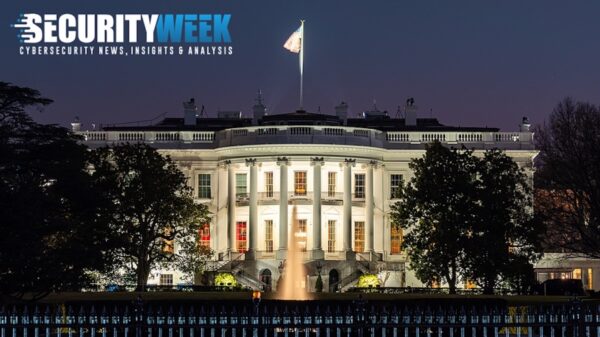The US Department of Defense on Thursday announced the release of its cybersecurity strategy for the defense industrial base, highlighting four main goals.
The defense industrial base (DIB) sector is responsible for the design, production, delivery, and maintenance of military weapons systems. The Pentagon is working with more than 100,000 defense industrial base companies and their subcontractors, and says it’s important to protect the sector from cyberattacks and other malicious cyber activities.
The cybersecurity strategy published this week covers fiscal years 2024 through 2027 and its primary mission is to ensure the generation, reliability and preservation of warfighting capabilities by protecting operational capabilities, sensitive information, and product integrity.
The Pentagon’s cybersecurity strategy for the DIB has four main goals, each with multiple objectives.
The first goal is to strengthen the DOD governance structure for DIB cybersecurity, with two main objectives: strengthening inter-agency collaboration and advancing the development of regulations for DIB contractors and subcontractors.
The second goal is to improve the cybersecurity posture of the DIB. This involves evaluating compliance with the department’s cybersecurity requirements, improving intelligence sharing, identifying vulnerabilities in DIB IT ecosystems, enhancing the ability to recover from cyberattacks, and evaluating the effectiveness of regulations and policies.
The third goal is to preserve the resiliency of critical capabilities given the United States’ reliance on foreign and sole-source suppliers. The focus is on protecting production capabilities, as well as critical suppliers and facilities.
The fourth and final goal is to improve collaboration with the DIB, which has been described as a strategic priority for the Pentagon. Specific objectives include enhancing threat awareness by collaborating with commercial internet, cloud and cybersecurity providers, improving communication and collaboration with the DIB, and expanding public-private cybersecurity collaboration.
“We have identified opportunities to bolster cybersecurity of our DIB partners, which will improve our overall cybersecurity of the US,” said Deputy Secretary of Defense Kathleen Hicks. “As our adversaries continuously seek information about U.S. capabilities, the Department, in coordination with the DIB, must remain resilient against these attacks and succeed through teamwork to defend the Nation.”
Related: Pentagon’s 2023 Cyber Strategy Focuses on Helping Allies
Related: US Gov Rolls Out National Cyber Workforce, Education Strategy
Related: US Publishes Implementation Plan for National Cybersecurity Strategy
